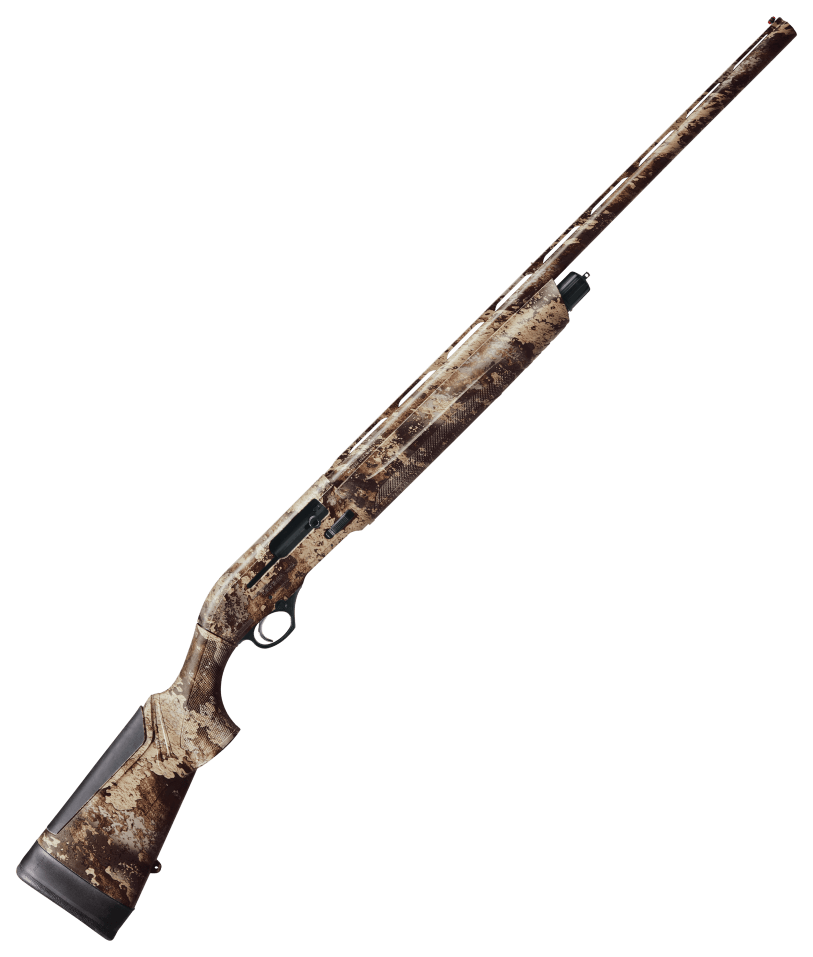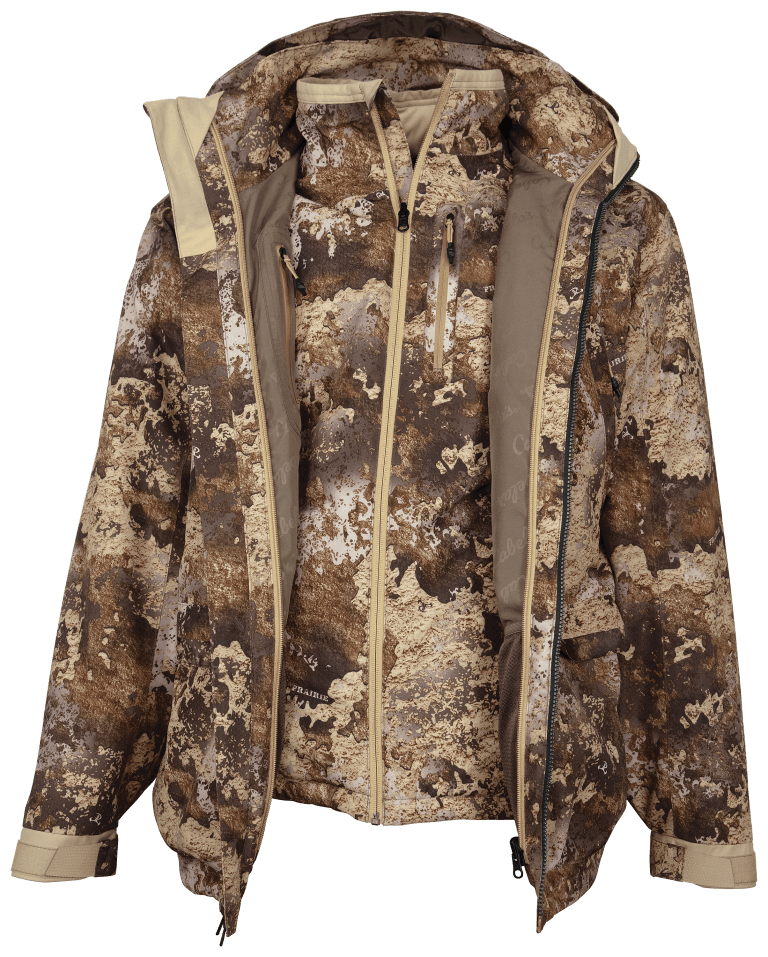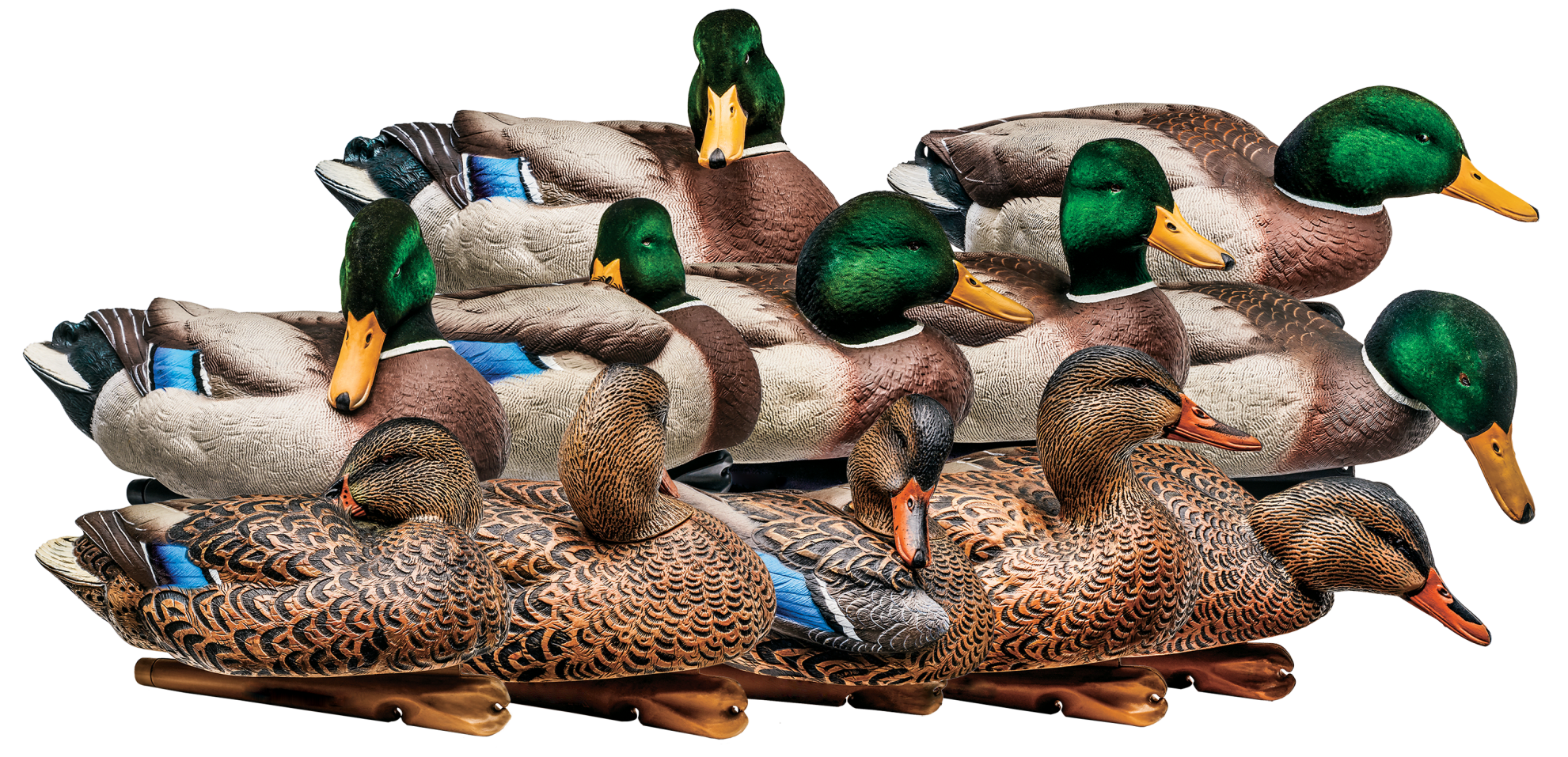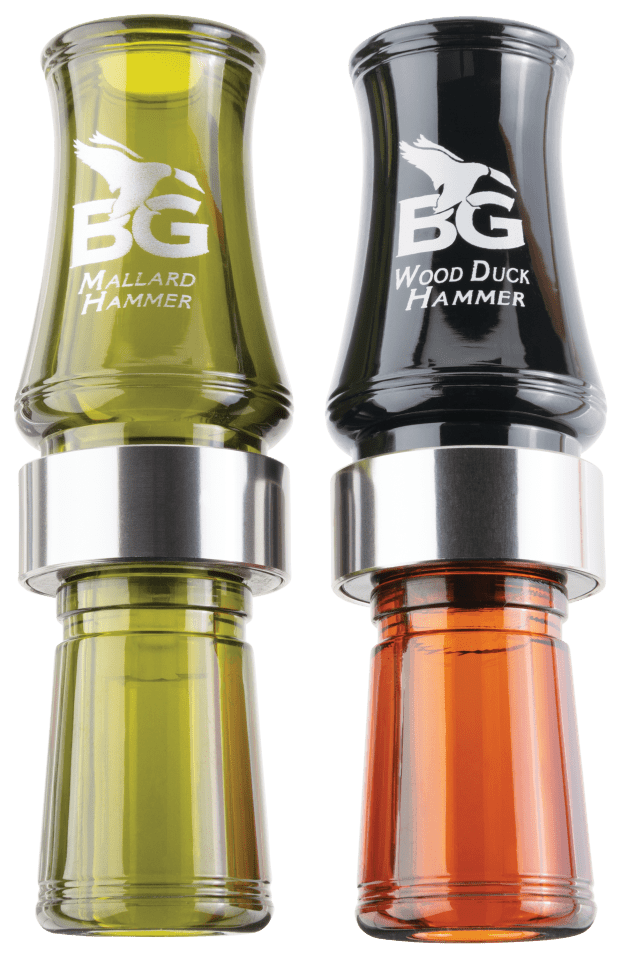
Getting Started
Why Duck Hunting? Duck hunting is more than just a sport; it's a cherished tradition that connects us deeply with nature and each other. In the early mornings when the wetlands come alive, the thrill of outsmarting a keen-eyed bird, and the camaraderie that builds as you share these experiences with friends and family, are difficult to reproduce. Regardless of why you're picking up duck hunting, it’s an experience that offers unparalleled adventure.
Basic Requirements for Duck Hunting
Starting your duck hunting journey requires some essential gear. First and foremost, you'll need a reliable shotgun designed for waterfowl hunting. Non-toxic ammunition, typically steel shot, is crucial since lead shot is banned in many areas. To stay dry and hidden, invest in waterproof waders and camouflage clothing. Decoys and duck calls are indispensable tools for attracting ducks to your hunting spot.
Legal Considerations and Permits
Before you head out, it's vital to understand the legal landscape. You'll need a hunting license and a specific waterfowl stamp. Federal and state regulations will guide you on season dates, bag limits, and protected species. Always stay updated with the latest regulations to ensure compliance.
Essential Gear for Novice Duck Hunters
Types of Firearms and Ammunition
A 12-gauge shotgun is the go-to choice for most duck hunters, though some prefer a 20-gauge for its lighter recoil. Ensure your shotgun is compatible with non-toxic shot. Steel shot is the standard, but alternatives like bismuth or tungsten are available if you prefer.
Shotguns at Bass Pro Shops
Browse for the exciting deals on our wide selection of 12 gauge shotguns, semi-automatic, pump-action, and more at Bass Pro Shops online or in-store near you.
Shop NowClothing and Camouflage
Staying dry and hidden is key to a successful hunt. Invest in high-quality waterproof waders and a waterproof jacket. Camouflage clothing will help you blend seamlessly into your environment. Choose patterns that match your hunting terrain—grassy patterns for open fields and leafy or bark-like prints for wooded areas.
Hunting Clothing at Bass Pro Shops
Shop hunting clothes for men, women & kids at Bass Pro Shops. We have the best camo patterns from youth to big & tall sizes, save today.
Shop NowDecoys and Calls
Decoys and calls are your best friends in the field. Start with a basic set of a dozen floating decoys. Learning to use a duck call to mimic natural sounds will significantly improve your effectiveness. Spend time practicing your calling techniques to enhance your skills.
Waterfowl Decoys at Bass Pro Shops
Find goose & duck decoys at Bass Pro Shops. Shop waterfowl decoys for wood ducks, mallards, pintails, canada goose, snow goose and decoy accessories at great prices!
Shop NowTechniques and Tips for Successful Duck Hunting
Identifying Duck Species
Recognizing different duck species is crucial for both legal and ethical reasons. Some species have specific bag limits, while others may be protected. Study field guides or use identification apps to become proficient.
Setting Up Decoys
Your decoy setup can make or break your hunt. A simple "J" or "U" formation works well, creating a natural landing zone for ducks. Place decoys at varied distances and ensure they look natural. Adjust your setup based on wind direction and visibility.
Calling Techniques and Strategies
Effective calling requires practice. Start with basic quacks and feeding calls. Pay attention to how ducks respond and adjust accordingly. Remember, sometimes less is more; overcalling can scare ducks away. Use the off-season to hone your calling skills.
Waterfowl Calls at Bass Pro Shops
Entice ducks and geese into range with duck calls & goose calls from Bass Pro Shops. Shop our variety of waterfowl calls and have feathers falling in no time.
Shop NowSafety and best Practices for Beginners
Gun Safety Measures
Safety should always be your top priority. Treat every firearm as if it’s loaded. Keep the muzzle pointed in a safe direction and never point your gun at anything you don’t intend to shoot. Always be aware of your surroundings and the location of your hunting partners.
Ethical hunting Practices
Respect for wildlife and the environment is paramount. Take only legal shots and aim for clean, humane kills. Retrieve all downed birds and make use of them fully. Follow the principles of fair chase and leave your hunting area cleaner than you found it.
What Not to Do When Duck Hunting
Avoid sky busting, which is taking shots at ducks out of effective range. This often results in wounded birds that are hard to retrieve. Also, be considerate of other hunters by giving them ample space to ensure everyone's safety and enjoyment. Lastly, never ignore local regulations and bag limits; these rules are in place to conserve wildlife and maintain a sustainable hunting environment.
Planning Your First Duck Hunt
Choosing the Right Location
Selecting the right hunting spot is crucial. Look for areas with abundant waterfowl activity, such as lakes, rivers, marshes, and coastal zones. Public wildlife management areas and refuges are excellent starting points. Scout your chosen location ahead of time to understand the terrain and duck patterns.
Optimal Times for Duck Hunting
Ducks are most active during dawn and dusk, making these the prime times to hunt. Arrive at your hunting spot well before sunrise to set up decoys and prepare your position. Similarly, be ready for the evening flight just before sunset. Midday hunts can also be productive, especially during overcast or windy conditions.
Understanding Weather and Water Conditions
Weather plays a significant role in duck hunting success. Cloudy, windy days are often better than clear, calm ones, as ducks are more likely to be on the move. Keep an eye on water levels, as they can affect duck behavior. Regularly monitor conditions and be ready to adjust your plans accordingly.
Frequently Asked Questions
How to Start Duck Hunting for Beginners
Begin by acquiring the necessary permits and familiarizing yourself with local hunting regulations. Invest in essential gear, such as a suitable shotgun, waders, camouflage clothing, decoys, and calls. Joining local hunting groups or forums can provide valuable insights and tips from experienced hunters. Practice your shooting and calling skills and scout potential hunting locations to improve your chances of success.
Is Duck Hunting an Expensive Hobby?
Duck hunting can be as affordable or as costly as you choose. Initial expenses include a shotgun, ammunition, waders, camouflage clothing, decoys, and calls. Over time, you may opt to invest in additional gear like boats, blinds, or specialized clothing. Many hunters start with basic equipment and gradually expand their collection.
What Time of Day Should You Duck Hunt?
The best times to hunt ducks are early morning and late afternoon when ducks are most active. Arrive at your hunting spot well before sunrise to set up and be ready for the morning flight. Similarly, prepare for the evening flight, which occurs just before sunset. Midday hunts can also be fruitful, especially in overcast or windy conditions.
- 7911 views





